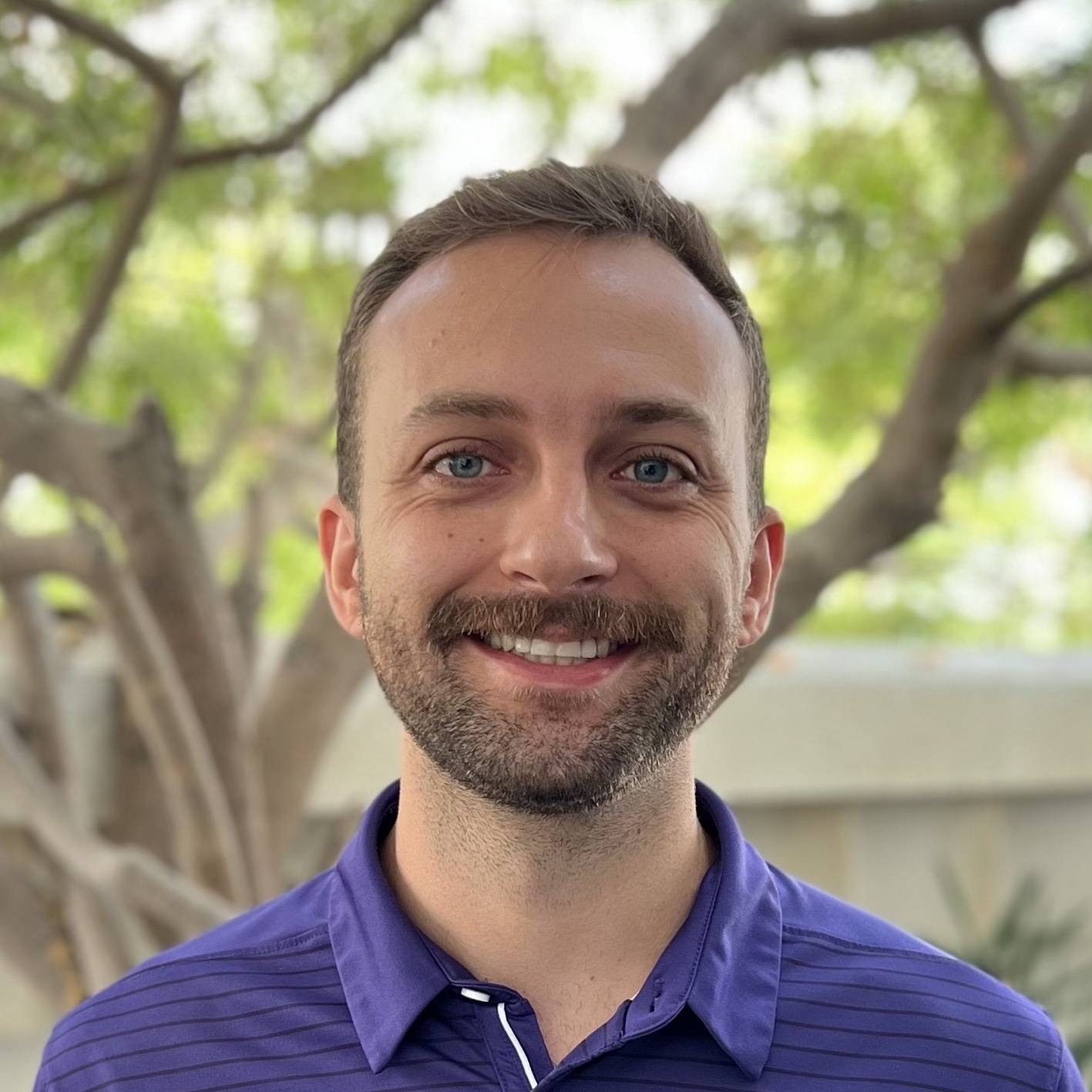John 14:1-14 | Bible Study Questions
Observation
What does it say?
- Read John 14:1-14.
- Do you notice any repeated words or ideas? (even words/ideas that connect to previous sections of John)
- What commands do you see? What about promises?
- Who are these commands and promises for?
- What do the disciples call Jesus? (v. 5, 8)
- How does Jesus describe himself in this passage?
INTERPRETATION
What does it mean?
- Why do you think the hearts of the disciples were troubled?
- How does Jesus comfort them?
- Where was Jesus going? (flip back to 13:33-37).
- Why could the disciples not follow until later?
- How might this passage bring comfort for our own troubles or anxieties?
- What does Jesus mean when he says "I am the way, the truth, and the life"? (verse 6)
- How does what Jesus says relate to his relation to the Father?
- Read Acts 4:12. What similarities do you see between what Peter says there and Jesus' words in John 14?
- This verse can be controversial in our day. People often say that there are many "pathways" to God. How might you explain to a friend that what Jesus says here is still true today?
- Verses 12 and 13 can be challenging verses to understand, and they've confused many people over the years.
- If Jesus meant that his followers would do an even greater quantity or quality of miracles, do we see that in the book of Acts? Do the apostles walk on water? or calm a storm with a word?
- Even though they did do some miracles, none of them raised themselves from the dead or ascended into heaven.
- Rather than an even greater quantity or quality of miracles, what else might Jesus be talking about in verses 12 and 13?
- The "greater things" are most likely the regeneration of hearts and the gift of the Holy Spirit. He is beginning now to talk about the gift of the Holy Spirit and will promises it in full later (i.e. John 16:7).
- How do we see the apostles participating in this greater miracles in the New Testament?
- What does Jesus mean when he says "in my name" in verse 14?
- "If a lawyer represents you in court or in another country, they are meant to do things in your name. That means they are meant to do what you want, as a fair representation of who you are." How does this quote help you to understand what Jesus means in this verse?
- What does verse 14 mean for our prayer life?
- If Jesus meant that his followers would do an even greater quantity or quality of miracles, do we see that in the book of Acts? Do the apostles walk on water? or calm a storm with a word?
APPLICATION
How should it change us?
- What is something that's troubling your own heart today?
- What can you do this week to trust Jesus with that trouble?
- How can looking forward to the place He has prepared for you help you in your anxieties?
- Is there someone in your life who believes in multiple ways to God? or that there is a different way to the Father?
- What would it look like to gently and respectfully talk to them about Jesus?
- How can John 14:14 shape your prayer life this week?
- Pray in light of this passage and about any applications you have made
- Sing There is a Happy Land to God and to one another.
Print Bible Study
John 14:1-14 | Bible Study Questions
Observation
What does it say?
- Read John 14:1-14.
- Do you notice any repeated words or ideas? (even words/ideas that connect to previous sections of John)
- What commands do you see? What about promises?
- Who are these commands and promises for?
- What do the disciples call Jesus? (v. 5, 8)
- How does Jesus describe himself in this passage?
INTERPRETATION
What does it mean?
- Why do you think the hearts of the disciples were troubled?
- How does Jesus comfort them?
- Where was Jesus going? (flip back to 13:33-37).
- Why could the disciples not follow until later?
- How might this passage bring comfort for our own troubles or anxieties?
- What does Jesus mean when he says "I am the way, the truth, and the life"? (verse 6)
- How does what Jesus says relate to his relation to the Father?
- Read Acts 4:12. What similarities do you see between what Peter says there and Jesus' words in John 14?
- This verse can be controversial in our day. People often say that there are many "pathways" to God. How might you explain to a friend that what Jesus says here is still true today?
- Verses 12 and 13 can be challenging verses to understand, and they've confused many people over the years.
- If Jesus meant that his followers would do an even greater quantity or quality of miracles, do we see that in the book of Acts? Do the apostles walk on water? or calm a storm with a word?
- Even though they did do some miracles, none of them raised themselves from the dead or ascended into heaven.
- Rather than an even greater quantity or quality of miracles, what else might Jesus be talking about in verses 12 and 13?
- The "greater things" are most likely the regeneration of hearts and the gift of the Holy Spirit. He is beginning now to talk about the gift of the Holy Spirit and will promises it in full later (i.e. John 16:7).
- How do we see the apostles participating in this greater miracles in the New Testament?
- What does Jesus mean when he says "in my name" in verse 14?
- "If a lawyer represents you in court or in another country, they are meant to do things in your name. That means they are meant to do what you want, as a fair representation of who you are." How does this quote help you to understand what Jesus means in this verse?
- What does verse 14 mean for our prayer life?
- If Jesus meant that his followers would do an even greater quantity or quality of miracles, do we see that in the book of Acts? Do the apostles walk on water? or calm a storm with a word?
APPLICATION
How should it change us?
- What is something that's troubling your own heart today?
- What can you do this week to trust Jesus with that trouble?
- How can looking forward to the place He has prepared for you help you in your anxieties?
- Is there someone in your life who believes in multiple ways to God? or that there is a different way to the Father?
- What would it look like to gently and respectfully talk to them about Jesus?
- How can John 14:14 shape your prayer life this week?
- Pray in light of this passage and about any applications you have made
- Sing There is a Happy Land to God and to one another.


